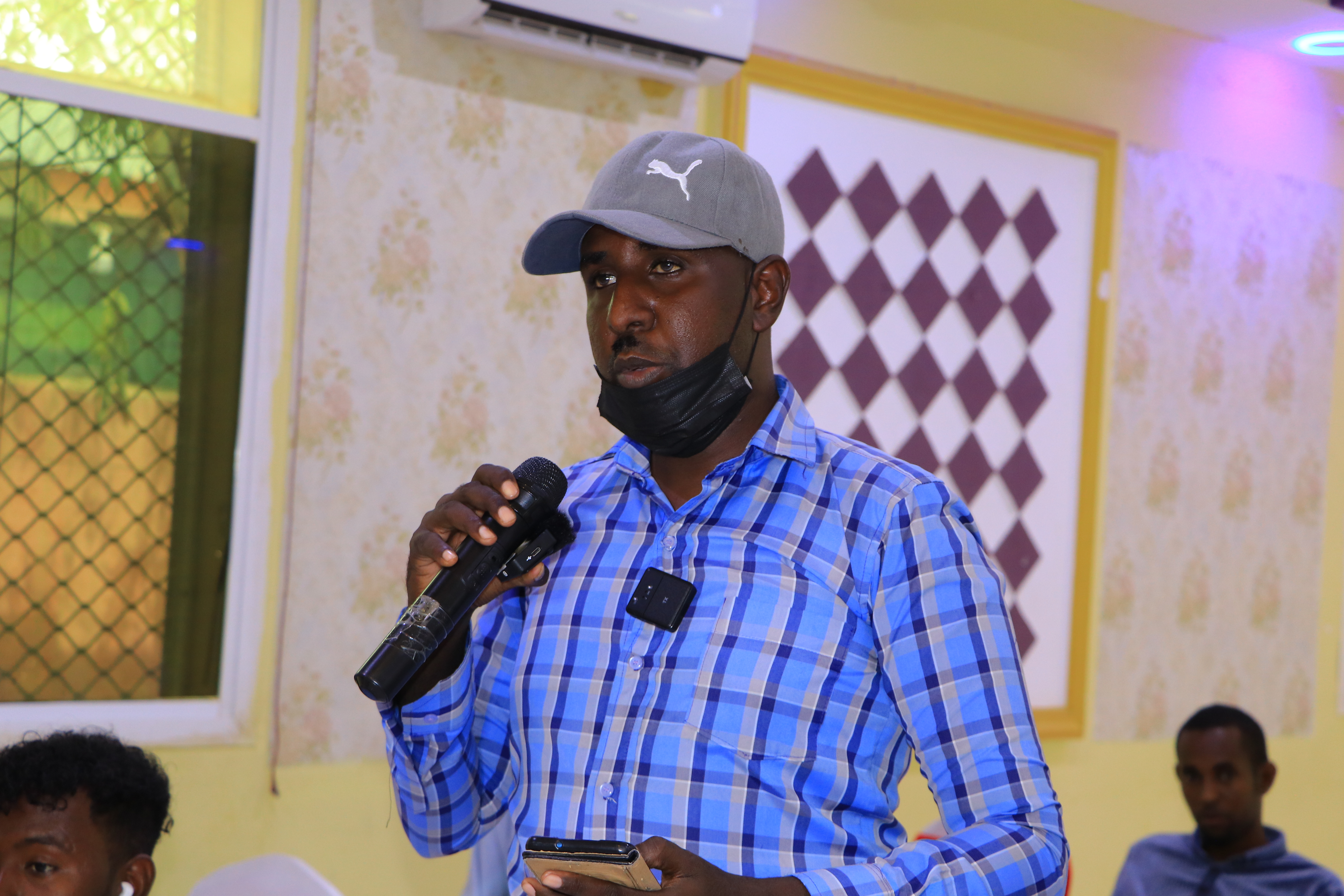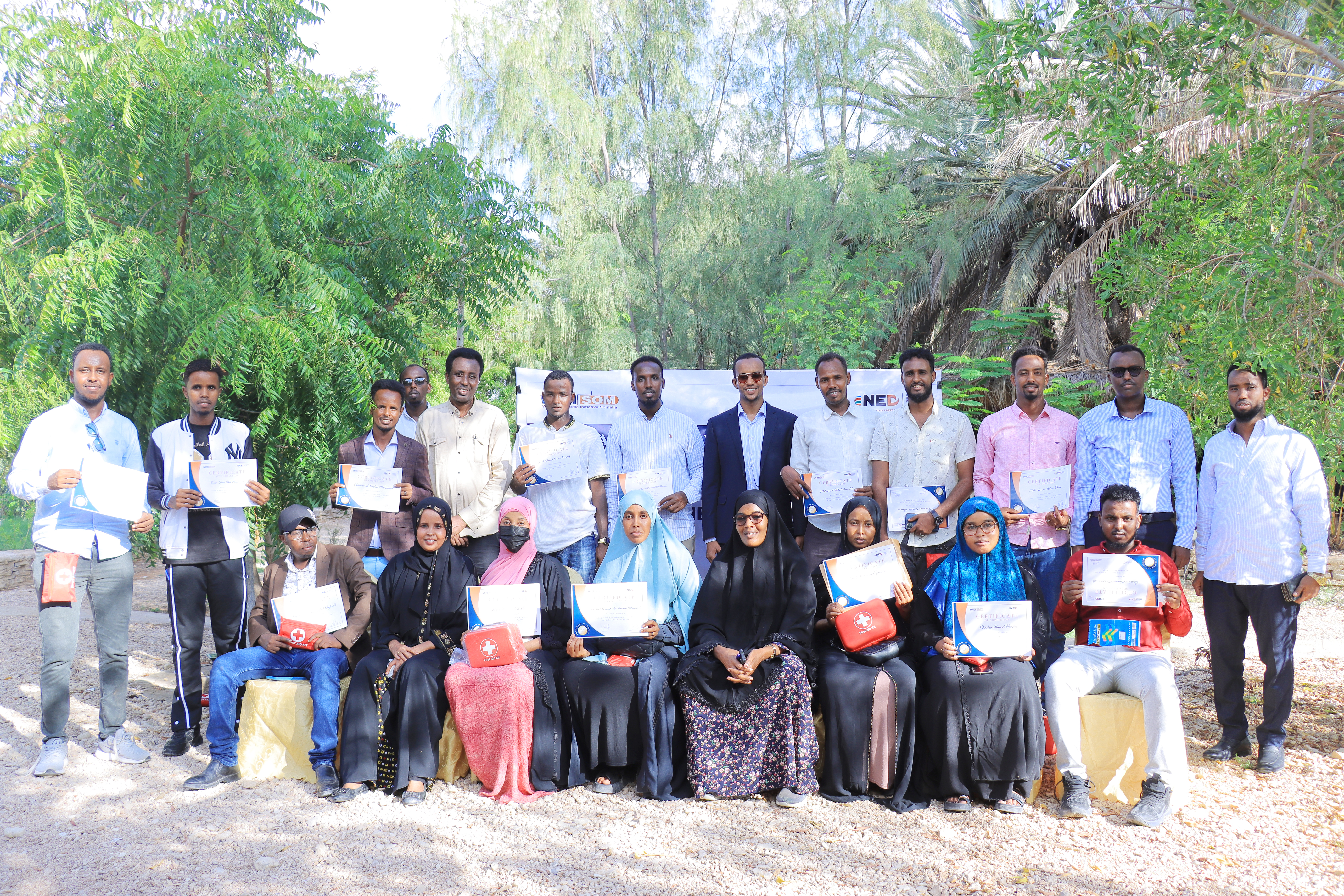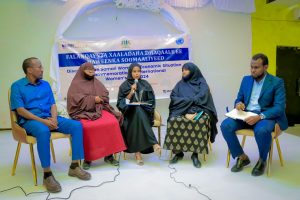To address the challenges faced by Puntland in achieving effective decentralization, WIMISOM held in Garowe a public forum on the challenges against effective decentralization in Puntland.

The forum aimed to engage various stakeholders, including government officials, civil society organizations, and community members, to discuss the obstacles and potential solutions for better governance and development in the region.
Puntland is one of the semi-autonomous regions in Somalia, and it has been grappling with issues of decentralization and governance for years. Decentralization is a crucial component of good governance, as it allows for the distribution of power and resources to local levels, which can lead to better decision-making and service delivery. However, Puntland has faced several challenges in implementing decentralization, including lack of capacity, political interference, and insufficient funding.

The event brought together key stakeholders from various sectors to discuss the challenges faced by Puntland in its decentralization process. The forum was divided into several sessions, with each focusing on a specific aspect of decentralization. Some of the key topics covered during the event included:
- Legal and institutional frameworks for decentralization
- Capacity building and training for local government officials
- Allocation of resources and funding for decentralization
- Conflict resolution and peacebuilding in Puntland
- Role of women and youth in decentralization processes

During the forum, several challenges were identified that hinder the effective implementation of decentralization in Puntland. Some of these challenges include:
- Lack of a clear legal and institutional framework for decentralization
- Inadequate capacity of local government officials to manage their responsibilities
- Insufficient funding and resources for decentralization programs
- Political interference in the decentralization process
- Limited participation of women and youth in decision-making processes

To address these challenges, the forum participants made several recommendations, including:
- Strengthening the legal and institutional framework for decentralization by enacting necessary legislation and establishing strong institutions
- Enhancing capacity building and training programs for local government officials to improve their skills and knowledge
- Allocating more resources and funding to decentralization programs to ensure their effectiveness
- Encouraging political dialogue and transparency to minimize political interference in the decentralization process
- Promoting the active participation of women and youth in decentralization processes through awareness campaigns and empowerment initiatives

Conclusion: The public forum highlighted the importance of addressing the challenges faced by Puntland in its decentralization process. By bringing together key stakeholders and discussing the way forward, the forum provided a platform for sharing experiences and best practices and fostering collaborative efforts to improve governance and development in the region.
The public forum was implemented with support from the United Nations Support Office in Somalia – UNSOM





